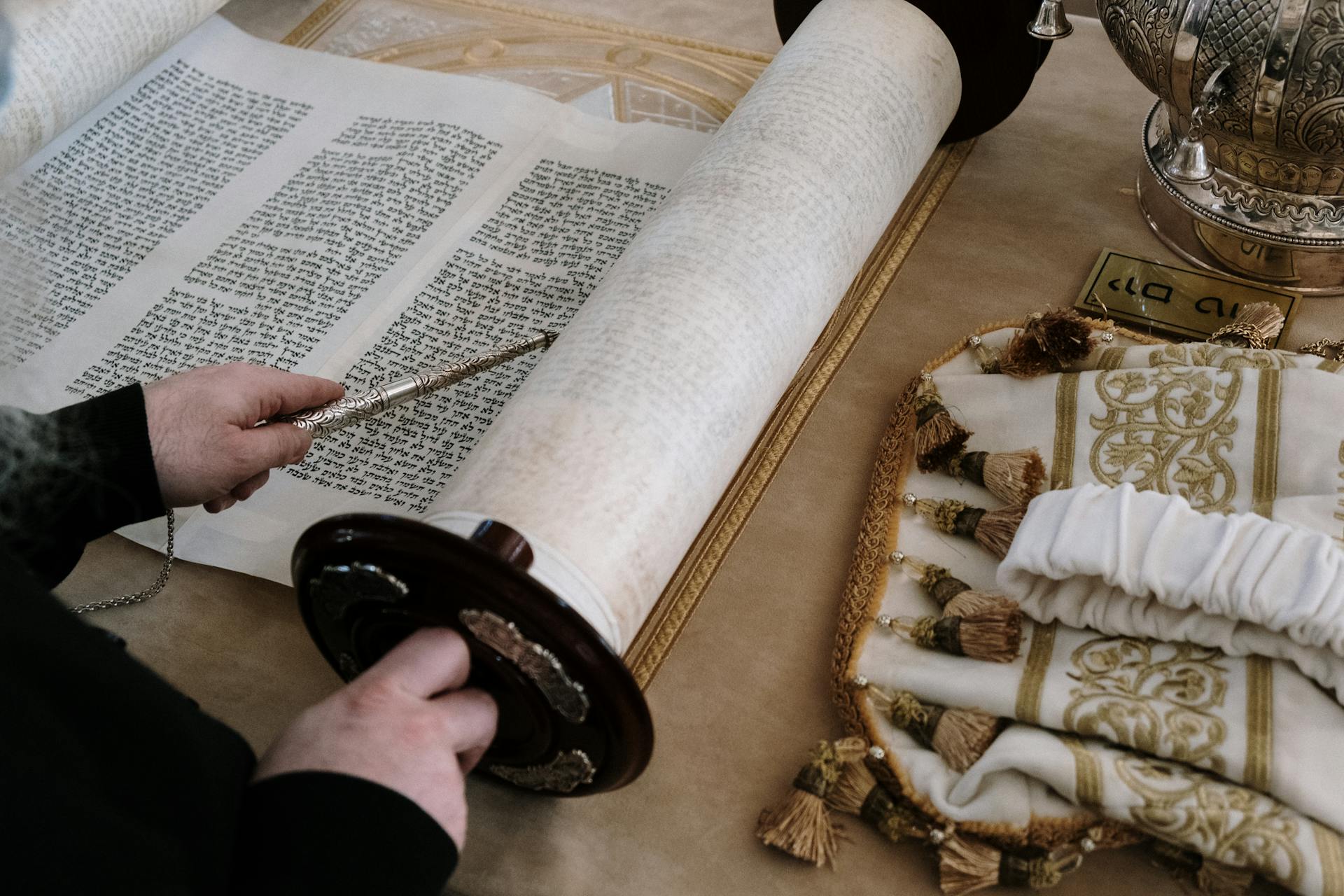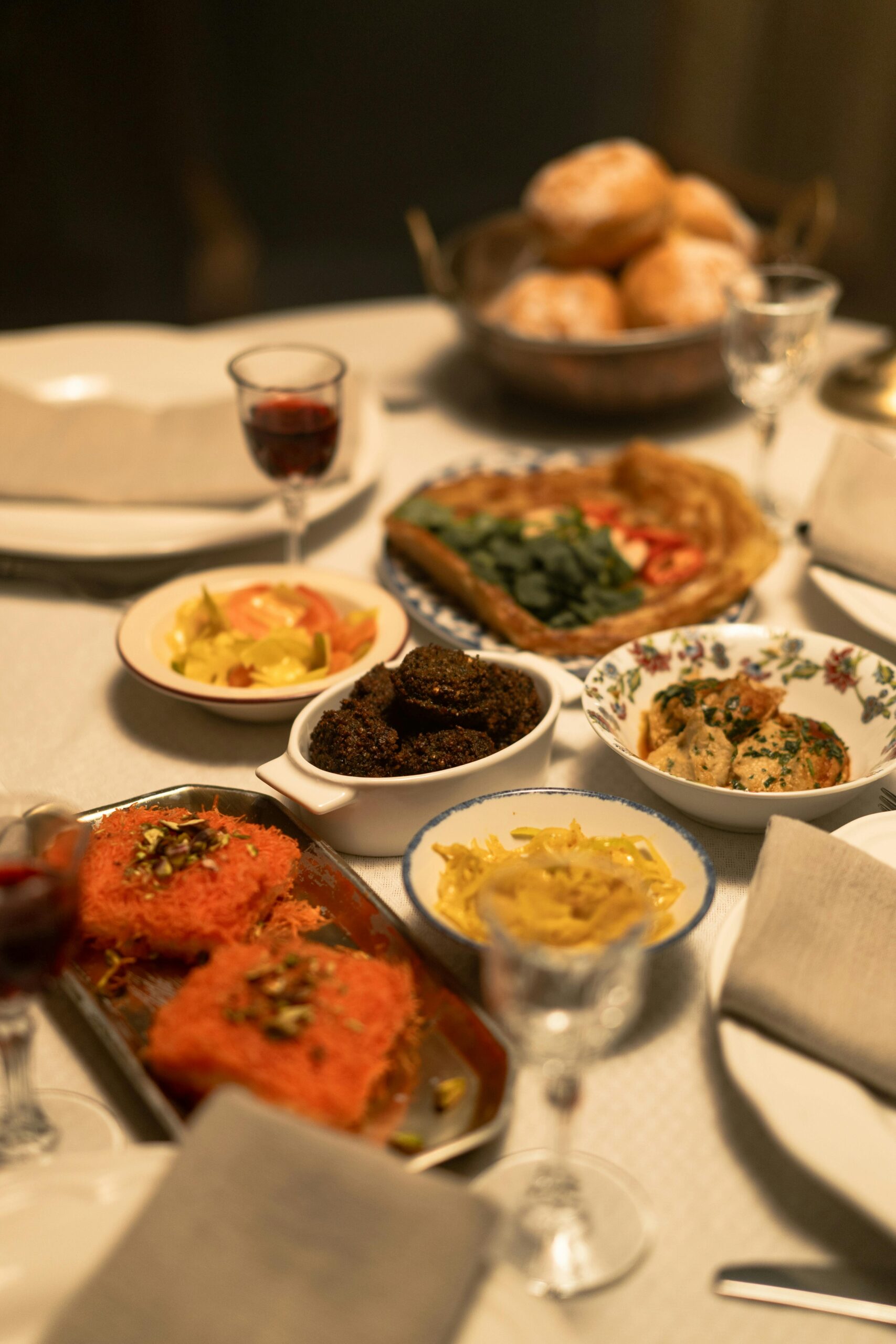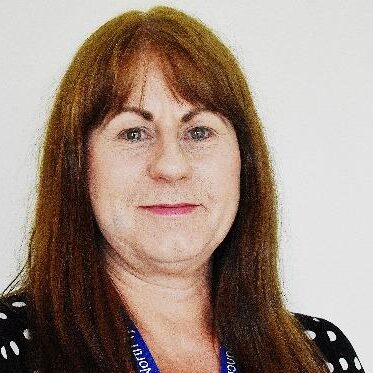Yom Kippur: A Day to Pause, Reflect, and Begin Again

Every year, as the leaves start to turn and the world begins to slow down, Jewish communities around the world observe a sacred day unlike any other—Yom Kippur, the Day of Atonement. It’s a holiday not of feasting or celebration, but of reflection, honesty, and deep spiritual renewal.
If Rosh Hashanah is the birthday of the world, then Yom Kippur is its soul-check—a quiet moment in time when people stop everything to look inward.
What Is Yom Kippur?
Yom Kippur is the holiest day in the Jewish calendar. It falls ten days after Rosh Hashanah and concludes the Ten Days of Awe, a period of introspection and self-examination. While Rosh Hashanah is joyful and hopeful, Yom Kippur is solemn and searching.
It’s a day to take responsibility. To say, with honesty and humility: I’ve made mistakes. I’ve hurt others. I want to do better.
A Day Set Apart
From sunset to sunset, Yom Kippur is observed with a 25-hour fast—no food, no drink. But the fast isn’t punishment; it’s a way of tuning out the noise. Without the usual distractions, there’s more room for reflection, prayer, and presence.
Many spend the day in synagogue, surrounded by prayers and melodies that reach across generations. Others find quiet corners of the world to reflect in their own way. The worship includes the Vidui, a communal confession, and the haunting Kol Nidre, an ancient prayer chanted at the start of the holiday, asking for release from past vows and regrets.
It’s not just about asking forgiveness from God—it’s about making things right with each other.
Saying “I’m Sorry”—and Meaning It
One of the most meaningful aspects of Yom Kippur is the opportunity for real, human repair. Judaism teaches that we can’t just ask God to forgive us for hurting another person—we have to go directly to them.
So in the days leading up to Yom Kippur, people make phone calls, write messages, or have difficult conversations. “I’m sorry I hurt you.” “Can we talk?” It’s hard. It’s also healing.
It’s a reminder that being human means messing up—but it also means being able to change.
More Than Forgiveness—A Fresh Start
Yom Kippur isn’t about guilt. It’s about growth. It's not a day to beat yourself up—it’s a day to shed the weight of the past and walk forward lighter, more conscious, more kind.
As the final service of the day ends, the Ne’ilah prayer marks the symbolic closing of the gates of heaven. The fast ends with a blast of the shofar—a single, powerful note echoing the theme of renewal. And then? People go home. They break the fast with loved ones. They start over.

A Holiday of Courage and Compassion
In a world that often pushes us to move fast, Yom Kippur asks us to pause. To look at who we are, where we’ve been, and who we want to become. It’s not about being perfect—it’s about being real. Owning our flaws. Asking for grace. And choosing to keep trying.
G’mar Chatimah Tovah — may you be sealed for good.
Ready to find out more?
Our Inclusive Learning and Achievement Service (ILAS) provide a range of training and support for schools and services. Take a look at our training options and search by Provider for 'Inclusive Learning and Achievement Service'.
Article by
Diane Embley
Team leader
The Inclusive Learning and Achievement Service (ILAS)
diane.embley@northtyneside.gov.uk


